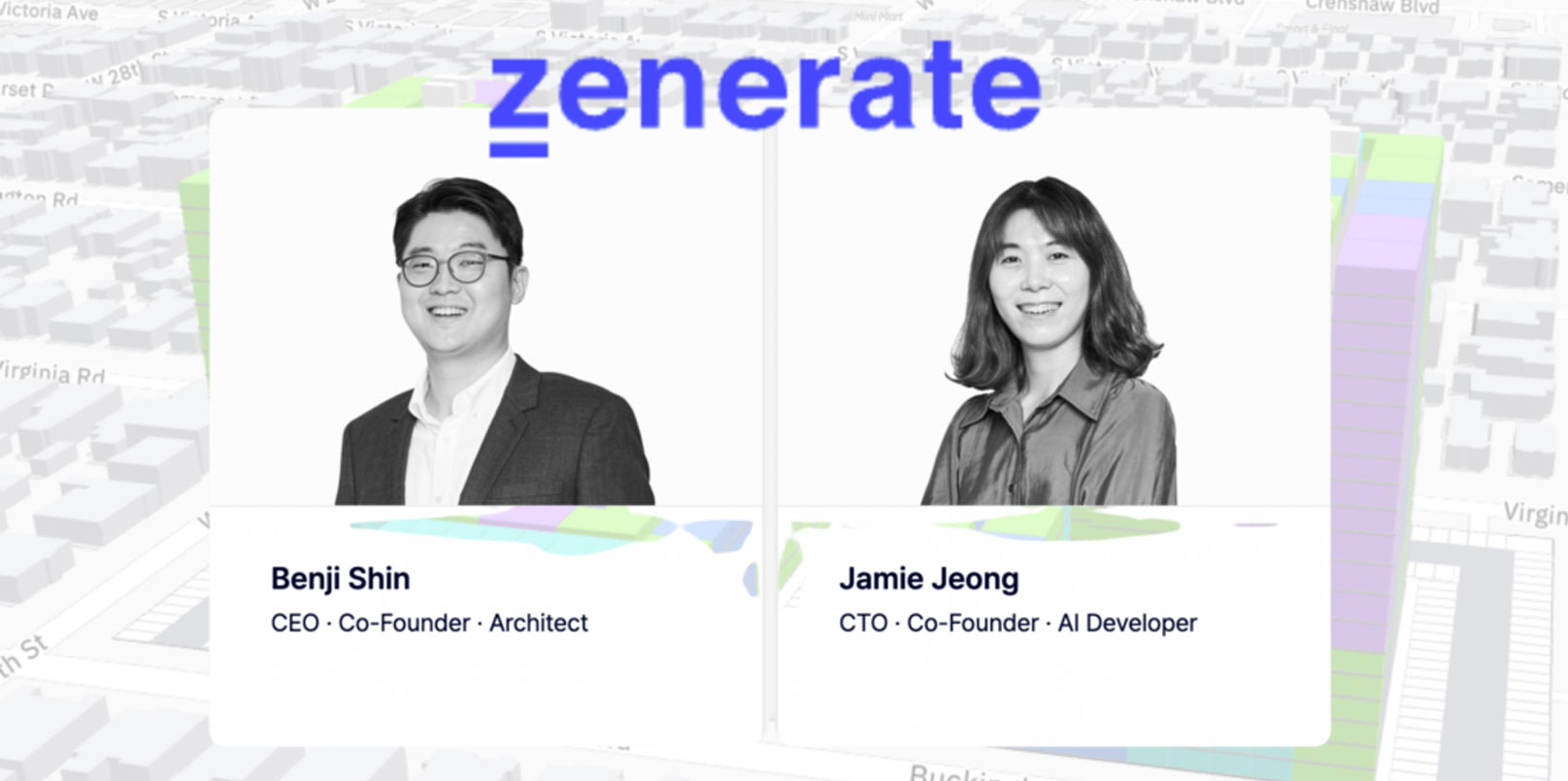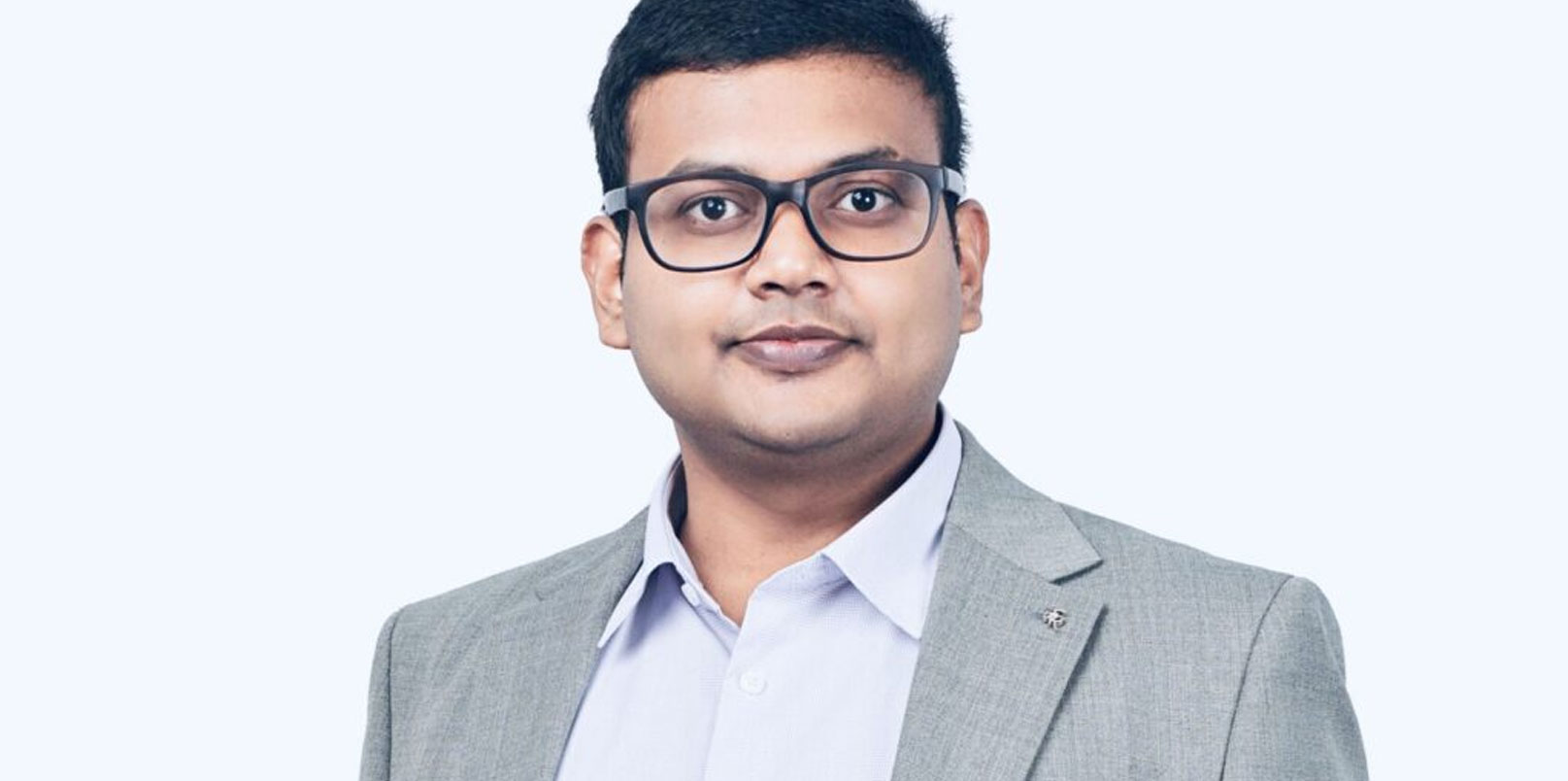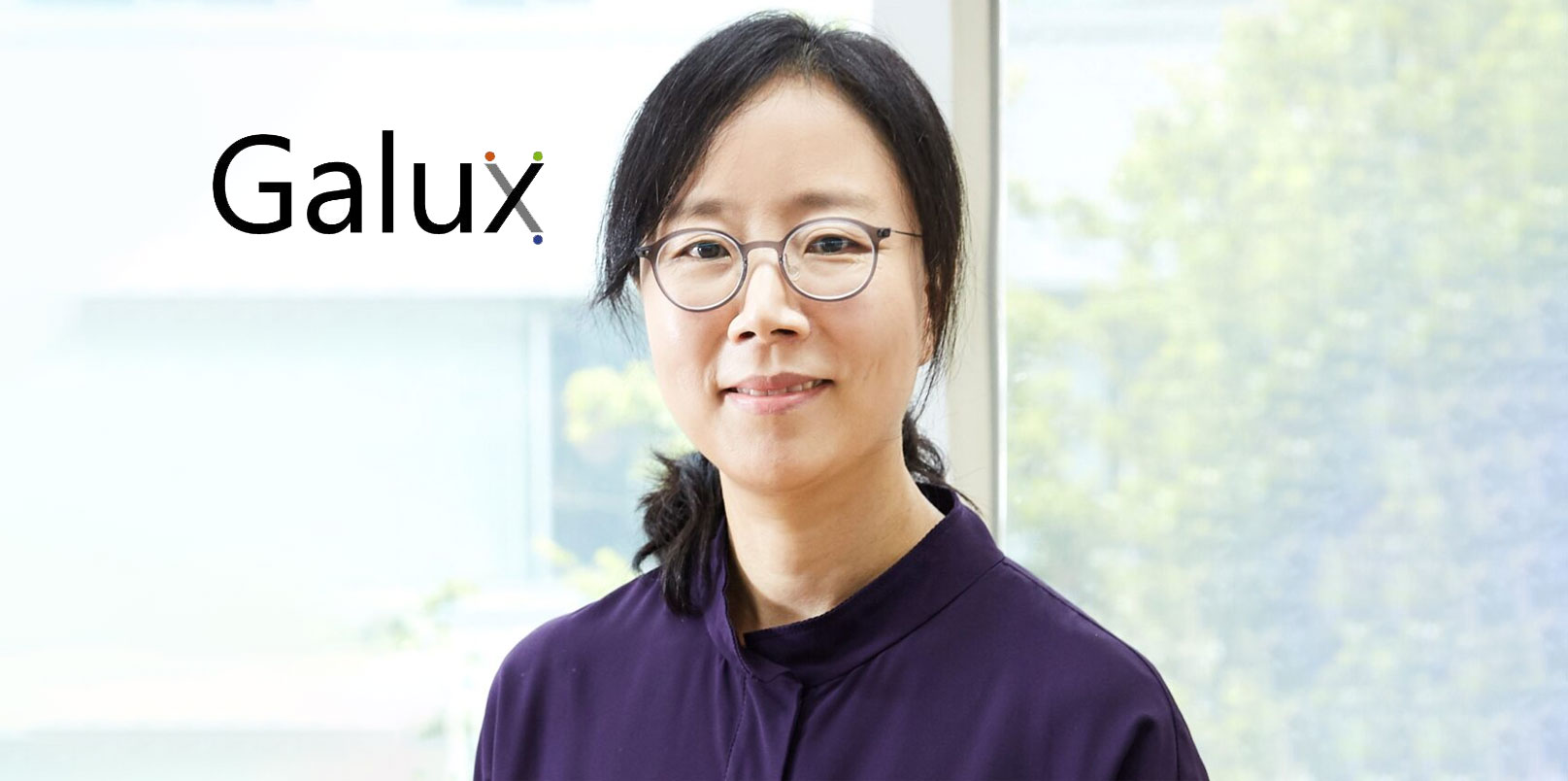He knows how to manage an early-stage enterprise and what kind of support a startup essentially needs initially. With over 15 years of work experience, Homan Yuen has a lot to share about a range of technologies, management, finance, and investor activities. Homan Yuen is a Partner at Fusion Fund, an early-stage venture capital firm focused on being the first institutional capital into innovative companies with a technology barrier to their business models.
Homan’s current company Fusion Fund has a portfolio of 50 companies. Prior to Fusion Fund, he was the Co-Founder, CTO, and Director of Solar Junction Corp. (acquired 2014), a company which produced and sold world-record solar products to the terrestrial and satellite markets. He frequently advises start-ups on strategy, operations, and fundraising. Homan received his Ph.D. and M.S. in Electrical Engineering from Stanford University and his B.A. in Physics from the UC Berkeley.
Koreatechdesk.com asked Homan Yuen some questions to help startups and entrepreneurs for their professional journey.
1. As an investor with Fusion Fund, what kind of startups have you invested in and how did you find those startups?
At Fusion Fund, we focus on early-stage companies with a core technical advantage or differentiation in the business model. We invest across many different sectors including Connected Industries (mobility, robotics, IoT), Network Technologies (5G, edge computing, security), Artificial Intelligence (computer vision, natural language processing), and Health/Medical Technologies (medical devices, AI in healthcare). We review over 4000 companies per year and a majority of our portfolio companies originate from our deep relationship network (from investors, entrepreneurs, and industry experts) and from our own outbound search where we target specific sectors, technologies, and communities of people.
One recent company we invested in is called Locomation, an autonomous trucking solution provider located in Pittsburgh, PA. We had looked at companies in the autonomous driving and mobility spaces for over a year and felt that self-driving cars were still over 5-10 years away in reality. However, we believed there were more accessible and financially feasible use-cases for autonomous solutions in long-haul trucking. We found Locomation and felt their initial target to provide L3/L4 autonomy to get to product and revenue faster was the right thesis for the industry. The founding team, originally from the National Robotics Engineering Center at Carnegie Mellon University, has strong and deep experience in this area and is the right team.
Another company we recently invested in is in stealth mode and so I cannot release any specific details. However, I can say they are creating an integrated 5G/artificial intelligence chip which will be the basis for many platforms and network architectures in the near future. The team has very strong credentials (former Qualcomm, Intel) in modem and chip design. We felt 5G was coming faster than people expected but the communications and computational infrastructure was not sufficient for the true usage of 5G – which is the ultimate connectivity of all devices like cameras, sensors, cars, etc. There needs to be technology which can handle local/edge computations while having high speed/low latency communications with low energy usage, low cost, and small form factor. We found this company with another co-investor and hope to be able to announce this company this year.
And finally, one of our more exciting companies is a company called Mojo Vision, which recently came out of stealth mode. While I cannot say what the exact technology or product is, they are creating an invisible computing platform, which will be the next platform for human/computer interaction. Rather than be stuck using a smartphone to access and acquire information, you will be able to use this technology seamlessly without having to hold any device. We truly believe in this paradigm shift in human/computer information interaction and found a highly successful team with many years of experience and several large exits/IPOs in their career.
2. What’s your basic investment philosophy in investing startups?
We target early-stage startups (i.e. Seed and Series A) with a core technical advantage or differentiation in the business model. We like to see that the business has something unique and differentiated that cannot be easily copied. Our initial investments average $1-2 million and we reserve significant amounts of capital for future rounds. Overall, our top evaluation criteria is the quality of the founding team and management. Startups are hard and the journey is never a straight line or predictable. The team has to be creative, broadly adaptable for any situation, aggressive, excellent at sales and communications, and be great attractors of talent. Ultimately we are supporting people, not products or technologies.
3. According to you what are the main factors that startups fail and how can they prevent those mistakes in advance from your personal perspective?
It is almost never the product or technology that is the reason for challenges or failures. In some cases, it can be market timing or sizing issues. For example, perhaps the company was too early or too late for the market to adopt their product/technology or the market was just too small to make significant amounts of revenue. We try to avoid market risk when making our investments for this purpose. But ultimately, it the main factor in failure is the ability of the founders and management team to execute and identify the right pathways and directions for the company based on existing circumstances. This is why we focus so heavily on team evaluation when we diligence companies.
4. What’s your advice to entrepreneurs who have a chance to meet or pitch to investors like you?
We want founders to be open and transparent with us because we treat entrepreneurs we meet the same way. Since the team at Fusion Fund is also made of former founders, we understand what it is like to be on the other side and try to be helpful and useful. For some reason, some entrepreneurs think it is difficult for us to validate information or perform reference checks on claims. It is not – we will know when someone is not telling the truth. That is a red flag for us since an investment in the team and business is a 5-10-year marriage. Trust is critical.
5. What’s your general thought about the term “Global”?
All startups need to think globally from day one in today’s environment. A company needs to consider all types of cultures, governments, business models, and peoples as it looks to scale into a large enterprise. It is very rare for a company to be 100% successful only in one country.
6. What are the important factors for Korean startups to consider for a US expansion?
It is critical to understand the different cultural and consumer aspects of US consumers. I have found that consumers in Asia and the US are extremely different and so there is a business model incompatibility I see when companies try to approach the US. For example, it is very common to make payments in Asia and Korea using mobile phones. This does not exist at all in the US outside Silicon Valley.
7. As you know, our media group company name is “beSUCCESS”, what’s your definition of the term “success” as an investor or as an individual human being?
I consider success a maximizing of the opportunity. Someone may say that a company growing to $1 billion in valuation with $200 million annual revenue is a success. For some metrics that is true, but if the company could be performing better and be a $5 billion valuation company with $1 billion in annual revenue, then I would not consider it a successful company.
8. What are the one or two things that you would do differently if you could go back to 10 years ago?
10 years ago, I was starting my entrepreneurial journey with my startup company. I was very focused on what I was doing, but I wish I spent more time meeting other founders and entrepreneurs early in my career, especially since I was a first-time founder. I have realized one of the best ways to learn is from the experiences of others. Gaining a diversity of thought and opinion is powerful.
9. When you come to Korea next time, what kind of Korean entrepreneurs and startups you want to meet?
I like to meet entrepreneurs focused on disruptive (and not incremental) technologies. I want to see a vision of something new that will change and improve the way things are being done today. Improving people’s lives is one of my strongest motivations as an investor.
Homan Yuen will be attending TIPS X beSUCCESS KOREAN STARTUP SHOWCASE as one of the industry experts on March 13th, 2019 at Westin Palo Alto Hotel, Palo Alto.





